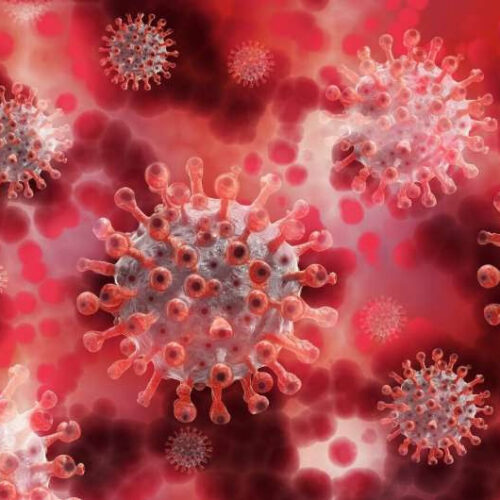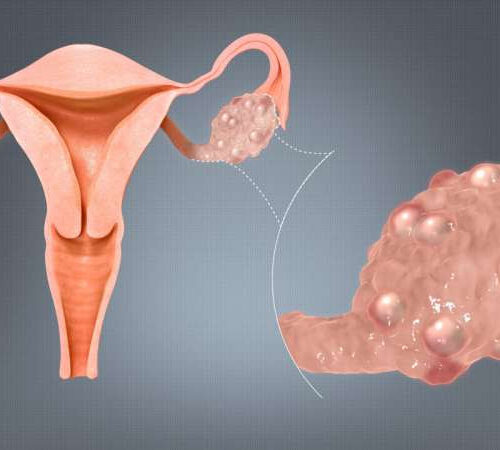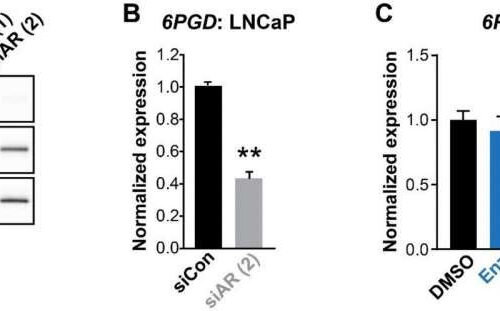by Weill Cornell Medical College Credit: Pixabay/CC0 Public Domain COVID-19 may bring high risks of severe disease and death in many patients by disrupting key metabolic signals and thereby triggering hyperglycemia, according to a new study from researchers at Weill Cornell Medicine and NewYork-Presbyterian. In the study, reported Sept. 15 in Cell Metabolism, the researchers found that hyperglycemia—having high blood sugar levels—is common in hospitalized COVID-19 patients and is strongly associated with worse outcomes. The researchers also found evidence suggesting that SARS-CoV-2,...
Category: <span>Metabolic</span>
The Benefits of Calorie Restriction are Based on Calorie Intake, not Food Quantity
Researchers here note that reduction in the calorie content in the diet is the important trigger for the benefits of calorie restriction, not reductions in the quantity of food ingested. The practice of calorie restriction, reducing calorie intake while still obtaining optimal micronutrient intake, has been shown to extend life span in near all species and lineages tested to...
Treating polycystic ovary syndrome costs $8 billion a year in US alone
by The Endocrine Society scientificanimations.com, CC BY-SA 4.0 The most common hormone disorder affecting women of reproductive age—polycystic ovary syndrome (PCOS)—cost an estimated $8 billion to diagnose and treat nationwide in 2020, according to a new economic analysis published in the Endocrine Society’s Journal of Clinical Endocrinology & Metabolism. PCOS is a common disorder characterized by irregular menstrual periods, disruption of normal...
Researchers identify potential cause and treatment for obesity and insulin resistance
by Monash University Credit: Shutterstock Monash University researchers have shown for the first time that mesenteric (gut) lymphatic dysfunction is a potential cause of and therapeutic target for obesity and insulin resistance. The groundbreaking study, published in Nature Metabolism, identified a profoundly damaging cycle in which a high fat diet promotes dysfunction of the mesenteric lymphatics, that in turn leads to...
Gut microbes are key to health benefit delivered by hops compound
by Oregon State University Credit: Unsplash/CC0 Public Domain The health-enhancing performance of a compound found in hops is dependent upon its interactions with intestinal microorganisms, new research by Oregon State University shows. Understanding how xanthohumol, often abbreviated as XN, works is important for unlocking its potential to counter diet-induced obesity and the health risks associated with a global obesity epidemic,...
High fat diets break the body clock in rats, and this might be the underlying cause of obesity
by The Physiological Society Credit: Unsplash/CC0 Public Domain When rats are fed a high fat diet, this disturbs the body clock in their brain that normally controls satiety, leading to over-eating and obesity. That’s according to new research published in The Journal of Physiology. The number of people with obesity has nearly tripled worldwide since 1975. In England...
Understanding and targeting prostate cancer metabolism
by Flinders University (A) Two distinct AR siRNAs (siAR (1) and siAR (2); 12.5 nM) reduce the expression of 6PGD at the protein level in LNCaP cells. Cells were transfected with 12.5 nM of each siRNA; after 48 h, proteins were extracted and assessed by Western blotting. (B) siAR (2) reduces the expression of 6PGD mRNA...
Metabolism changes with age, just not when you might think
by Duke University School of Nursing Credit: CC0 Public Domain Most of us remember a time when we could eat anything we wanted and not gain weight. But a new study suggests your metabolism—the rate at which you burn calories—actually peaks much earlier in life, and starts its inevitable decline later than you might guess. The...
Study finds targeting mitochondria shows promise in treating obesity
by University of California, Irvine Credit: CC0 Public Domain A team of University of California, Irvine, scientists have discovered a novel pharmacological approach to attenuate the mitochondrial dysfunction that drives diet-induced obesity. The results of their study were published recently in the journal, EMBO Molecular Medicine. Consuming a high-fat diet can lead to obesity and metabolic disorders...
An overactive sweet tooth may spell trouble for our cellular powerplants
by Van Andel Research Institute Credit: CC0 Public Domain The average American eats roughly 22 teaspoons of added sugar a day—more than three times the recommended amount for women and more than double the recommended amount for men. Although this overconsumption is known to contribute to Type 2 diabetes and other disorders, the exact ways in which...










